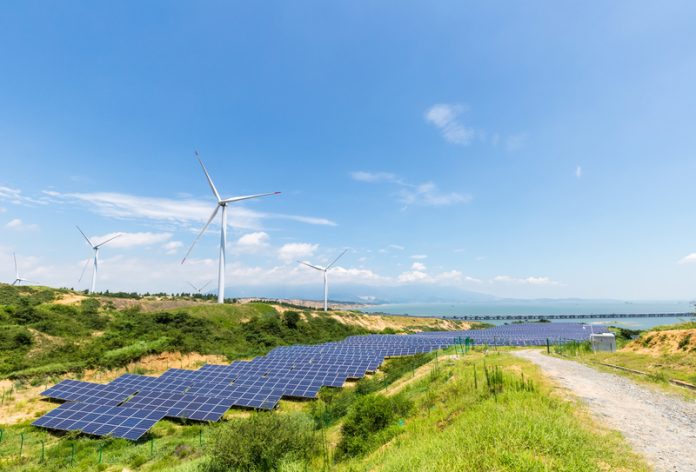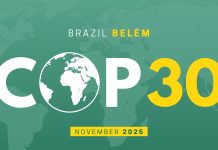UK aid is supporting the growth of innovative solar technology companies which are providing clean energy to off-grid households in Africa
Approximately two-thirds of the population across sub-Saharan Africa have no access to electricity. Innovative off-grid technology such as pay-as-you-go household solar systems can provide this much-needed modern energy.
This technology empowers women by reducing their need to travel for energy, helps children study in the evening, boosts small businesses which can operate more efficiently with reliable power, and reduces the need to use dangerous, polluting fuel sources such as kerosene.
To boost opportunities for businesses in this growing market, UK aid, through the Department for International Development, is:
- supporting early stage businesses in Africa to design innovative household solar technologies and break into new markets through the Africa Enterprise Challenge Fund. This programme will help up to 1.5 million poor people in sub-Saharan Africa access clean, affordable modern energy by 2022, with a focus on women and children;
- using British expertise to help governments break down barriers to the growth of solar companies in Africa and lay the groundwork in 14 partner sub-Saharan African countries for innovative solar companies to grow, increasing access to modern, clean energy for 10 million people; and
- scaling up its support to the Energise Africa impact investment platform, to help 1,500 new UK small investors provide the critical finance needed to connect 125,000 more African people to affordable, reliable and clean solar energy.
Minister for Africa Harriett Baldwin said: “Africa’s solar industry is vibrant and exciting, full of potential to transform the lives of millions of people who are still living off the grid.
“By sharing British expertise we’re allowing this industry to flourish, helping the poorest to access clean, sustainable energy, while also opening up opportunities for UK business and investment. This is a win for African countries and a win for the UK.”











